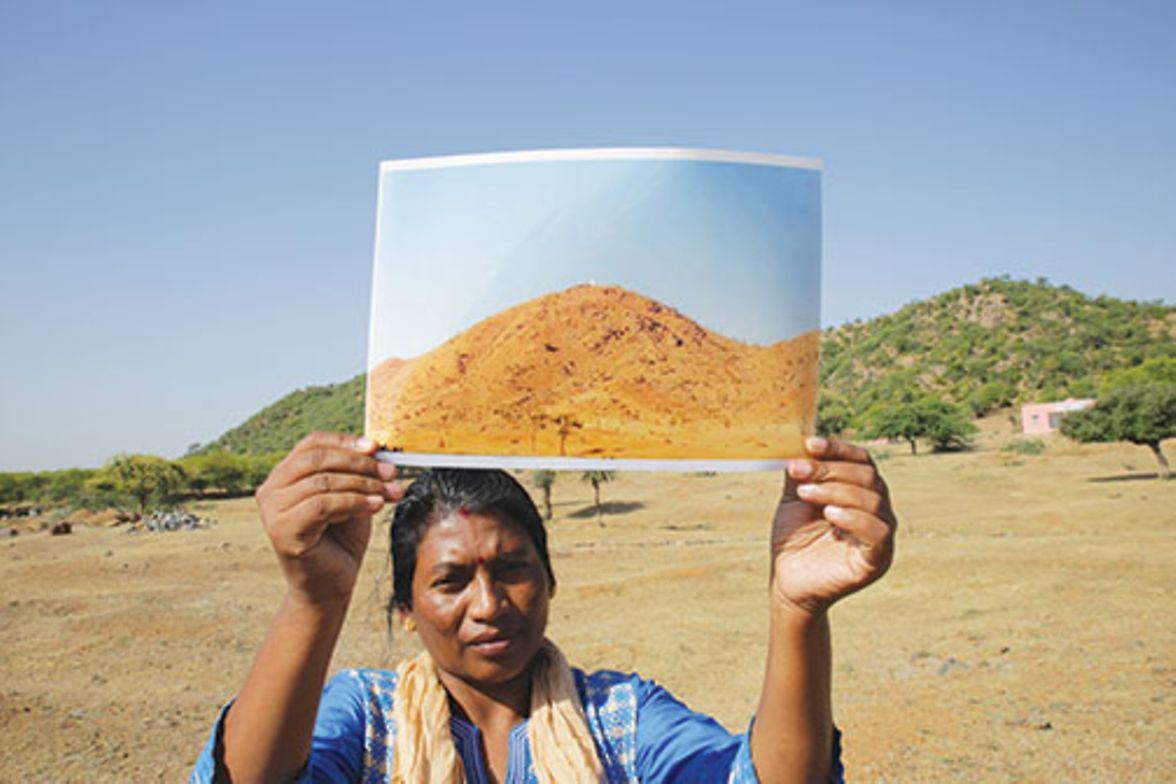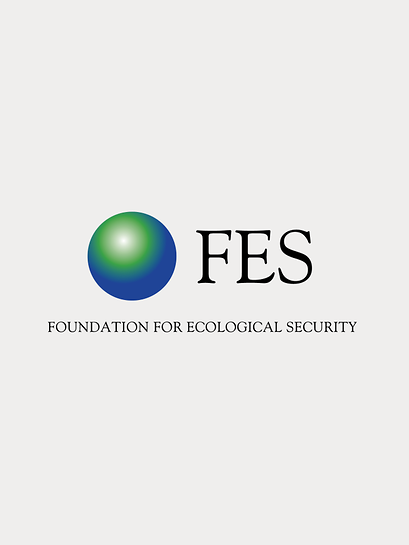Founded in 2001, the Foundation for Ecological Security (FES) empowers rural communities in India to secure land rights, strengthen local governance, promote sustainable livelihoods and restore ecosystems. Their focus is on degraded or deteriorating common lands, such as pastures, forests, uncultivated land and water bodies, which not only are used for food, water, livestock and fodder, but also provide carbon sequestration, groundwater recharge and other essential services. As these threatened lands account for nearly one-quarter of the country’s territory – and significantly contribute to climate change and its resulting socio-economic impact – FES is working directly with local and government partners, using policy, open data, technology platforms and deep community ties to scale impact.


We have invested in FES as part of LGT Venture Philanthropy’s environment strategy to scale up the protection and regeneration of threatened and destroyed ecosystems. We provide comprehensive support across three areas:
people reached
people benefitting from livelihood programs
village institutions reached
acres of land under secure tenure
The valuable support from LGT Venture Philanthropy is helping bolster our efforts in improving the management and governance of over 30 million acres of common lands.
Learn more about how FES works in the field